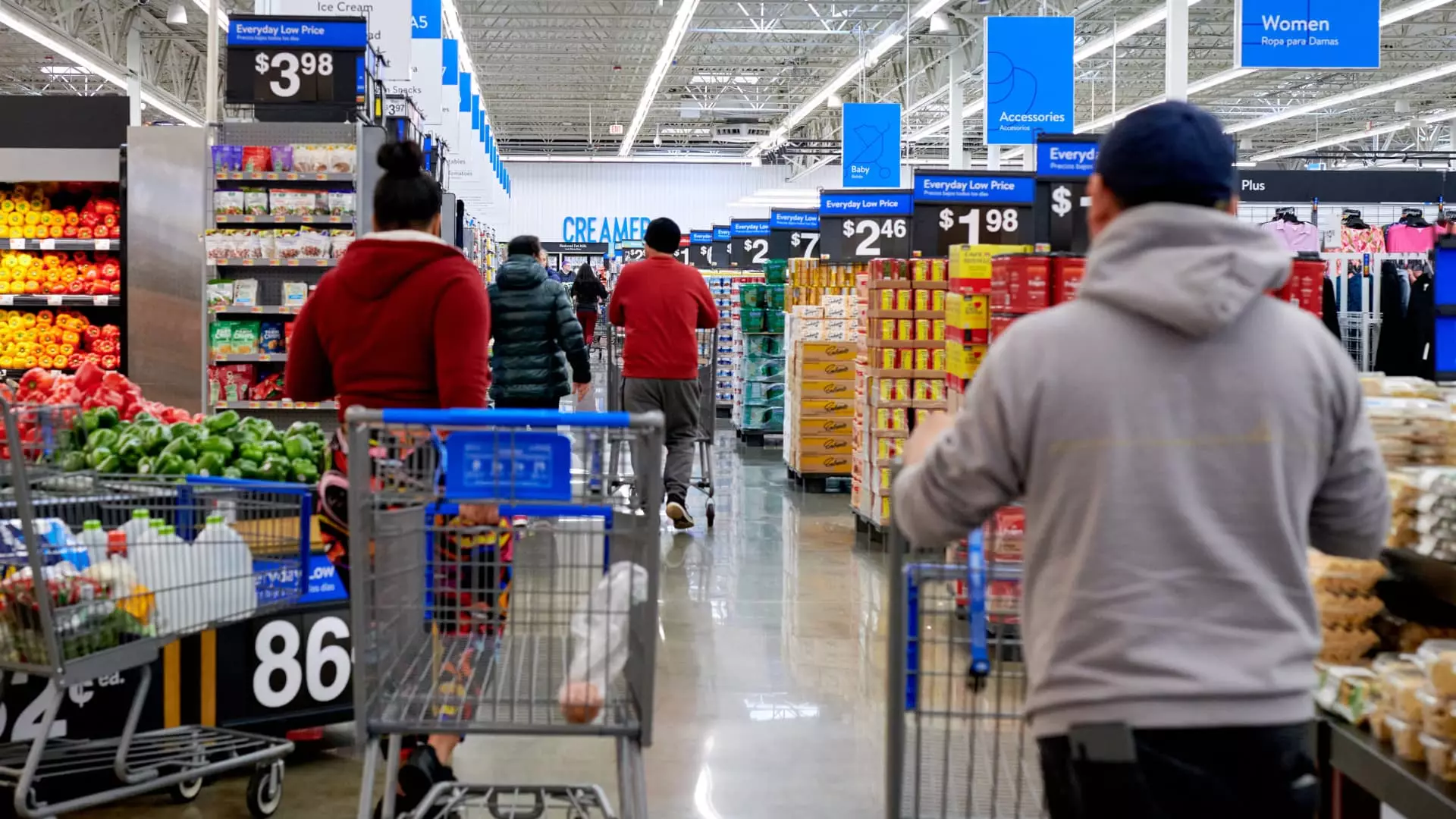Despite the remarkable strength of the U.S. economy amidst persistent inflation and high interest rates, a surprising 59% of Americans believe that the country is currently in a recession. According to a recent survey conducted by Affirm in June, most respondents pointed to higher costs and difficulty in making ends meet as a reason for their belief. These individuals suggested that the recession began roughly 15 months ago, in March of last year, and could potentially last until July of 2025.
The National Bureau of Economic Research defines a recession as “a significant decline in economic activity that is spread across the economy and lasts more than a few months.” Despite the ongoing economic challenges faced by many Americans, the country has managed to avoid a technical recession since the Covid-19 pandemic. Throughout history, there have been numerous recessions, some lasting as long as a year and a half.
While economists celebrate the continuous growth of the economy, many Americans are grappling with the reality of high prices for everyday items. A substantial portion of the population has depleted their savings and are now heavily reliant on credit cards to sustain their lifestyles. These financial challenges highlight the growing wealth gap in the country, with lower-income households struggling to keep pace with rising costs amidst stagnant wage growth.
Economists have observed a disconnect between the actual state of the economy and how individuals perceive their financial well-being. Dubbed as a “vibecession” by Joyce Chang, JPMorgan’s chair of global research, this phenomenon reflects the unequal distribution of wealth across different segments of the population. While some have benefitted from increased wealth due to homeownership and higher income levels, a significant portion of Americans have been left behind.
Financial Strain and Delinquencies
As more consumers grapple with rising prices and higher interest rates, there are emerging signs of financial strain across the nation. A growing number of borrowers are falling behind on their monthly credit card payments, with approximately 9.1% of credit card balances transitioning into delinquency over the past year, as reported by the New York Fed for the second quarter of 2024.
While the U.S. economy continues to exhibit strength and resilience, there remains a stark contrast in how different segments of the population experience these economic conditions. The perception of a recession among a majority of Americans underscores the underlying financial struggles faced by many individuals, especially those in lower-income brackets. As policymakers and economists navigate these challenges, addressing the widening wealth gap and ensuring economic inclusivity will be critical to fostering a more equitable society.

